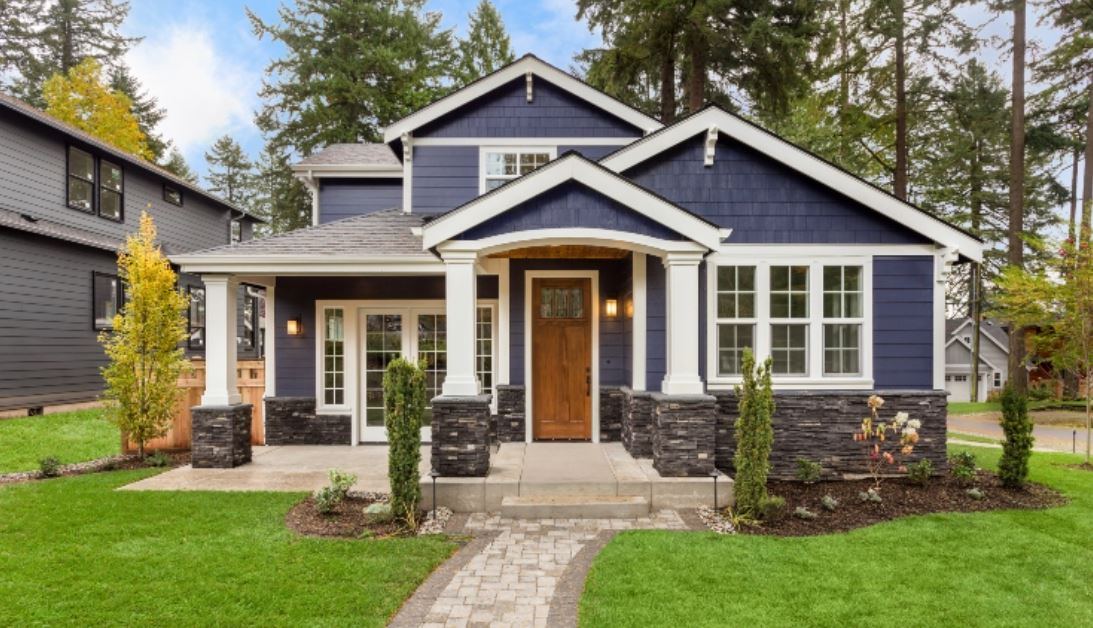What are the benefits of replacing your doors?
Adds strong curb appeal. A new door can help boost the exterior appearance of your property with only a small investment. This makes door-buying a logical and economical process.
Better protection against weather conditions. A reliable and sturdy door is crucial to your and your family’s safety. Pay attention to your door’s slight damages now before severe storms are forecasted.
Increased energy efficiency. Homes with perfectly fitted doors are more comfortable because they have fewer drafts and a warmer interior. Energy-efficient doors reduce humidity, particularly in a rapidly changing climate.
Reduced sound pollution. While no residential door will ever be capable of completely muzzling sound, other door varieties can help. Depending on the door type, they can offer extra noise absorption and disposal, which helps to minimize noise from the outdoors.
Long-term savings. You want to be practical with your choices, especially for the upcoming winter. It would be best to have a door with a climate control system to keep a comfortable level. With energy-efficient doors, you are not just paying for the materials. Energy-efficient doors provide the durability your outdated door can’t offer.
History of Door Replacement
The oldest known pictures of doors are found in Egyptian tomb paintings that date back 4,000 years. An ancient Egyptian counterfeit door was a wall design that mimicked a window. It was common in tombs and represented a doorway to the afterlife.
Along with the Egyptians, the first doorways were built by the inhabitants of ancient Rome and Greece. According to Roman ruins from Herculaneum and Pompeii, sliding and double doorways were commonly found in temples as early as 79 A.D.
The famous Janus Germinus doors in Rome are the entryway to the temple of the God Janus. It was a simple rectangular bronze construction with dual doors at each end; they were closed during times of peace and opened during periods of conflict.
Electronic Doors
The Chinese developed the first door during the reign of Emperor Yang of Sui. And the first automatic door was said to have been invented in Alexandria, Greece. It was created by a mathematician who was born around 10 A.D.
It’s more than just a door!
During the Medieval era, doors were already standard, particularly in the 12th and 13th centuries. Construction of these doors consisted of using locally accessible materials. People had to be creative and sort through whatever elements were available, such as bronze, copper, and brass, although the most common material was wood from oak trees.
Medieval styles and materials
Due to the scarcity of lumber, people in some middle eastern countries, like Syria and Iraq, invented doors made of stone. The earliest stone doors in these countries were up to nine or ten feet tall.
As copper and alloys became the new favorites at the end of the first millennium A.D., wooden doors became less and less popular. Purified copper was used to construct the framework, with bronze typically used as the door trims. Long after the Renaissance, copper and bronze remained the favored materials.
Modern doors innovation
Doors evolved into more complex designs in the late 19th century.
The revolving door is proof of the innovation and skill of the time. An American created the first revolving wooden door in Manhattan. This became a catalyst for more advances in the door industry. Around the turn of the century, several entrepreneurs emerged to create the first steel doors, which were then marketed as being more fire-resistant than wooden doors.
Home improvement can be challenging. It requires effort, knowledge, and money to make it happen. Be a savvy homeowner by not spending more than what you already have. Trust only professionals with guaranteed years of experience in getting the job done. Request at least three quotes from different suppliers, then choose the most reputable door replacement company today and book an in-home consultation with one of our specialists!


